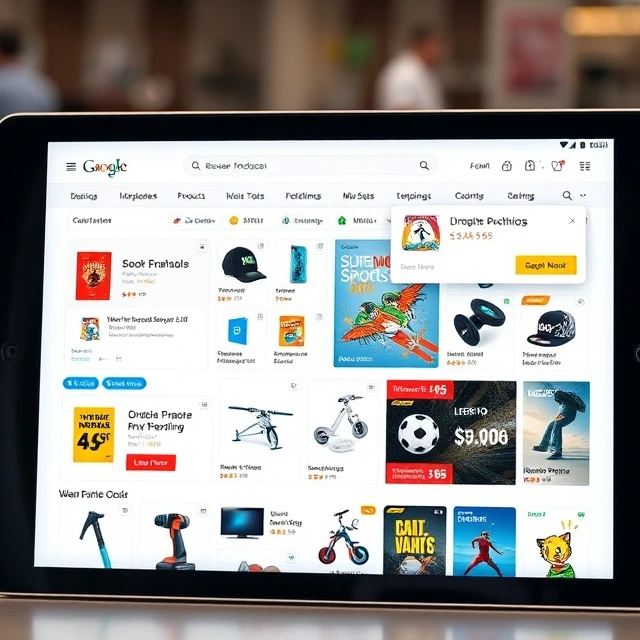Features of E-commerce: Knowing the Options
E-commerce has made shopping easier. Many options and tools allow businesses to sell their goods online even without a physical location. The main features of and options in e-commerce are as follows:.
1. E-commerce Marketplaces
E-commerce marketplaces are interfaces where sellers and buyers interact. They are huge platforms wherein all types of products could be found. Some popular ones include:
1.Amazon India: This is famous for its wide reach. There is reliable delivery and the availability of various marketing tools that help sellers to target more customers.
2. Flipkart: Another giant Indian marketplace, Flipkart boasts of a robust logistics network and often proves to be an obvious choice among local sellers.
3. Myntra and AJIO: These are fashion and lifestyle. They have the attraction for brand sellers, as well as independent designers.
4. Snapdeal: It has plenty of affordable products, and this website is doing extremely well in terms of reaching the masses, especially small cities and towns.

2. Self-Hosted E-commerce Platforms
Some sellers like hosting websites on their own as that way they get total control. Self-hosted ones enable this:
1. Shopify: With easy setup and full features, it has been a favorite for many Indian sellers. Shopify integrates well with local payment gateways.
2. WooCommerce: A WordPress plug-in which is very flexible; thus best for sellers with the technical skills.
3. Magento: This is an open-source software more for more robust businesses with internal resources and teams to support intricate structures.
4.BigCommerce: Known for its flexibility, BigCommerce helps growing businesses and scales up with the business.
3. Social Commerce and Direct Sales Platforms
Social platforms are a great way to sell products directly:
1. Instagram and Facebook Shops: these enable the seller to put up products in posts and stories as they interact with their potential customers.
2. WhatsApp Business is available for selling product catalogues and direct communication between vendors and consumers for immediate help.
3. Dukaan and Bikayi: Platforms for small businesses with easy ways to create online stores for sellers in a localized language.

4. Mobile and Regional Platforms
Mobile apps and local options in existence to meet specific needs-
1. JioMart: In this case, local grocery stores and other vendors for essentials are being partnered to get JioMart to gain popularity in buying groceries and other commodities.
2. Paytm Mall: It is a part of the Paytm ecosystem. It connects sellers to Paytm users, as Paytm forms the popular means of payment in the market.
5. Payment Gateways and Logistics Support
Payment gateways and logistics are essential in e-commerce:
1. Payment Gateway: Deals such as Razorpay, Paytm, and Instamojo support UPI and cards among others.
2. Logistics Support: Delhivery and Shiprocket ensure that the products are delivered reliably to any corner of India.
Specialized SaaS Tools for E-commerce
SaaS tools make it easier to sell online:
1. Zoho Commerce: All-in-one e-commerce solution for an Indian business.
2. Instamojo: Simple website building site with payment integration. Suits small businesses better.
3. Zyro by Hostinger: the budget solution for easy-to-make online shops.
Conclusion :
The integration of key features of e-commerce will improve user experience, conversion, and support business growth for the success of an online store in today’s competitive digital landscape.
